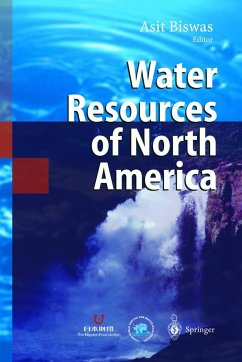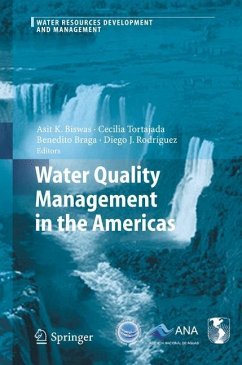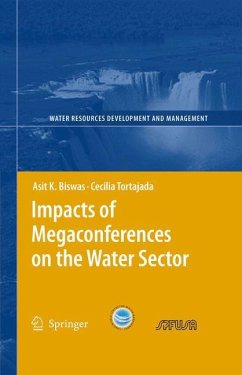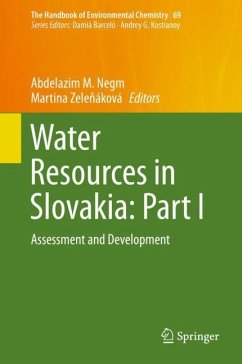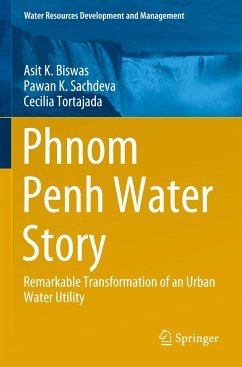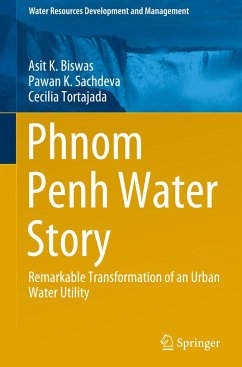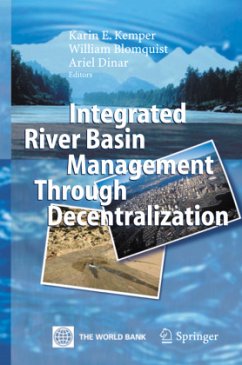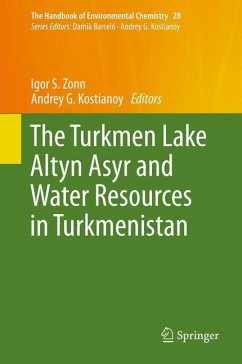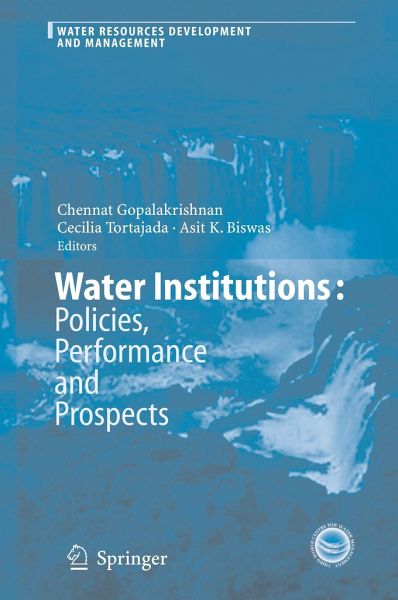
Water Institutions: Policies, Performance and Prospects

PAYBACK Punkte
38 °P sammeln!
It is being increasingly realised that water is likely to be one of the most critical resource issues for the first half of the twenty-first century. Accelerating demand for water for various uses and user groups and ineffective measures to address - ter quality decline from point and non-point sources of pollution, have made water management more complex and difficult than ever before in human history. All the current trends indicate that water management will become even more c- plex in the future because of society's higher demands for good quality water, and new and emerging impacts on the...
It is being increasingly realised that water is likely to be one of the most critical resource issues for the first half of the twenty-first century. Accelerating demand for water for various uses and user groups and ineffective measures to address - ter quality decline from point and non-point sources of pollution, have made water management more complex and difficult than ever before in human history. All the current trends indicate that water management will become even more c- plex in the future because of society's higher demands for good quality water, and new and emerging impacts on the water sector due to the forces of globalisation. These include the liberalisation of trade in agricultural and manufactured products, information and communication revolution, and technological developments in - eas traditionally not considered to be water-oriented, like biotechnology. Impacts of these new and emerging forces on the water sector are still not fully understood or appreciatedat present, but they are likely to change water use practices d- matically in many countries of the world during the coming decades.





